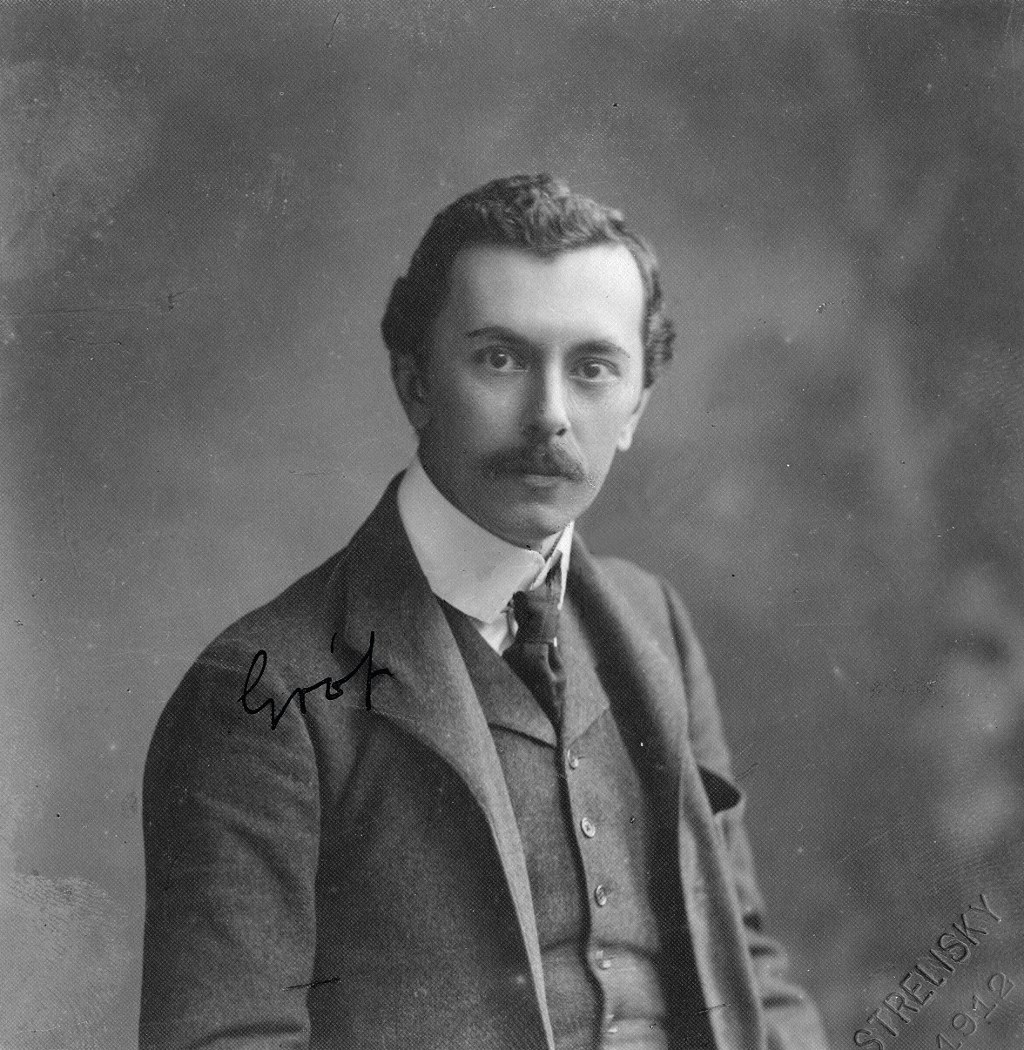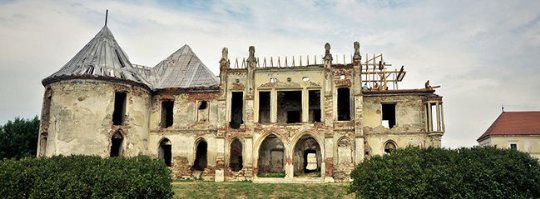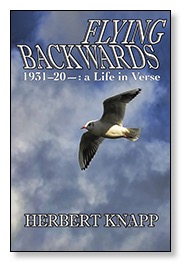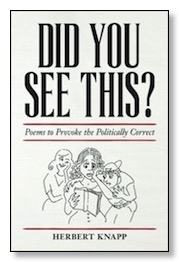Reading Trilogies: A Consolation of Old Age
Before the next post on the state of poetry, I want to recommend The Transylvanian Trilogy. I learned about it from John Derbyshire who reviewed it for the New Criterion. (Reading trilogies is one of the consolations of old age.)
It describes the lives of the Hungarian aristocrats in Transylvania just before their titles, estates, and way of life were erased by World War I. The author, a Hungarian aristocrat himself, sees the faults of this Downton Abby-ish society—provincialism, selfishness, callousness, and more. He isn’t writing a television series, but he simply loves the whole damned, doomed world he writes about, which is what makes this a great book.

The author, Miklos Banffy, has a more adult view of the world than Proust, whose characters, all seem to be seen through the eyes of a child. Banffy’s descriptions of nature are as good as Pasternak’s in Dr. Zhivago, and the sensuous way he describes the flowers, architecture, and interior decoration is equaled only by Lampedusa in The Leopard. (All three writers are writing about societies on the brink of destruction.)
The trilogy is something like War and Peace in that both authors want to develop their characters personal stories within the context of larger historical events. Tolstoy interrupts his story to philosophy about history, which always seemed unnecessary to me. Banffy interrupts his story to tell about Hungarian politics which seemed equally unnecessary to me at first, but I came to see how the pettiness and short sightedness of the Hungarian political class reflects and sets off the pettiness of aristocratic class around them. Some readers may skim the chapters about the Hungarian politicians, but I was fascinated and appalled by the degree to which their behavior in the years preceding WWI parallels that of our contemporary American senators, congressmen, and the so-called “Resistance.”
Miklos Banffy
The Trilogy is a kind of memoir masked as a novel. The translator (the author’s granddaughter) admits as much in two footnotes pointing our parallels in the novel to her grandfather’s romance with her grandmother and noting that the leading character in the novel makes the same speech to parliament that her grandfather made.

Banffy’s castle after the Nazis got through with it.
Derbyshire mildly criticizes the Trilogy for some purple passages “that would not be out of place in a supermarket-bookstand bodice-ripper.” I thought they were appropriate. Is there anything more unreal and cliched than a novelist who strains to avoid the fact that our lives include purple passages “that would not be out of place in a supermarket-bookstand bodice ripper.”


